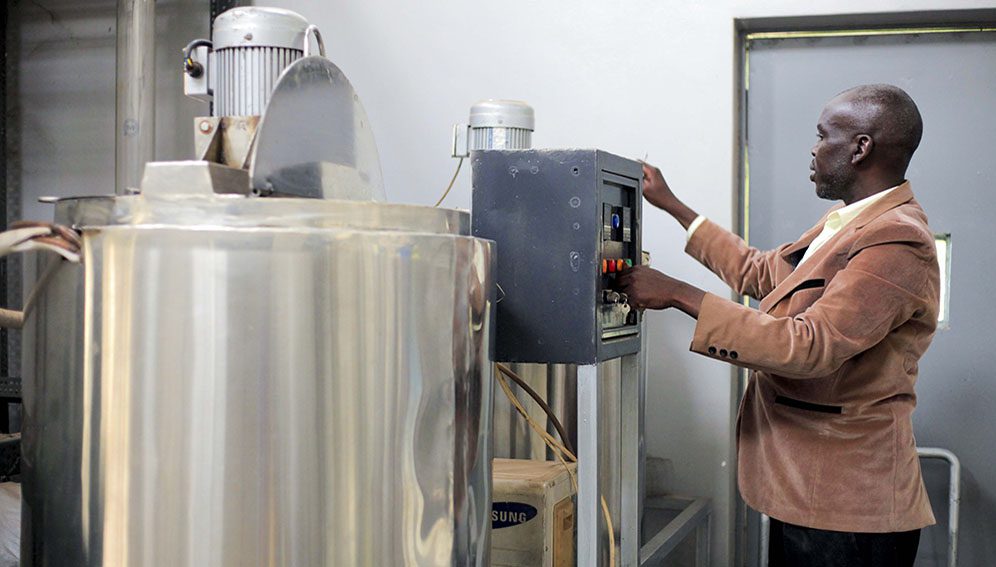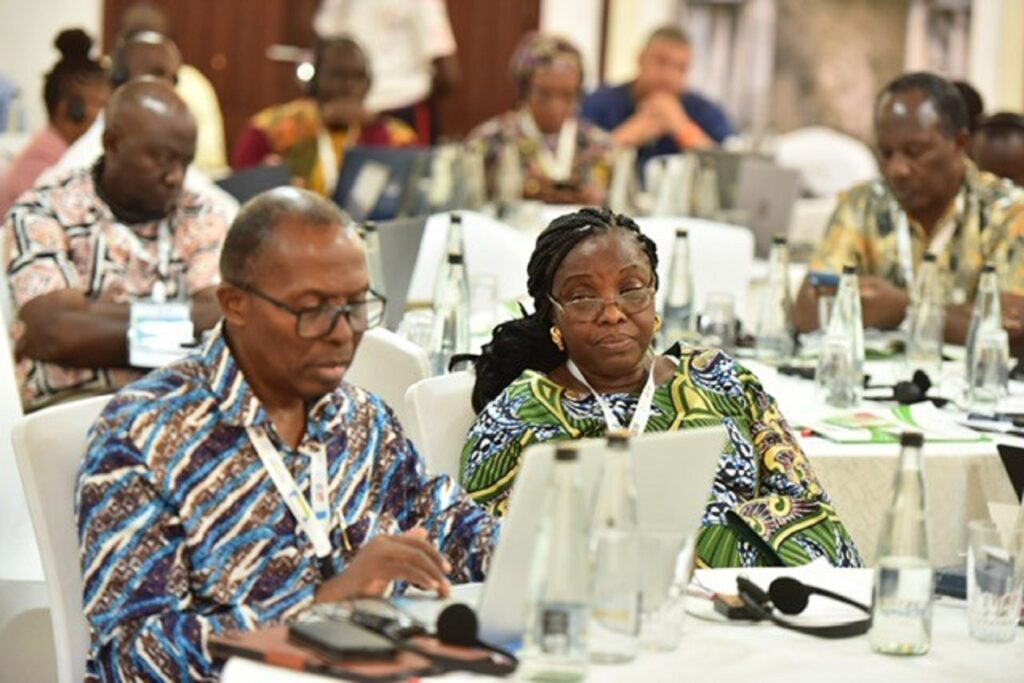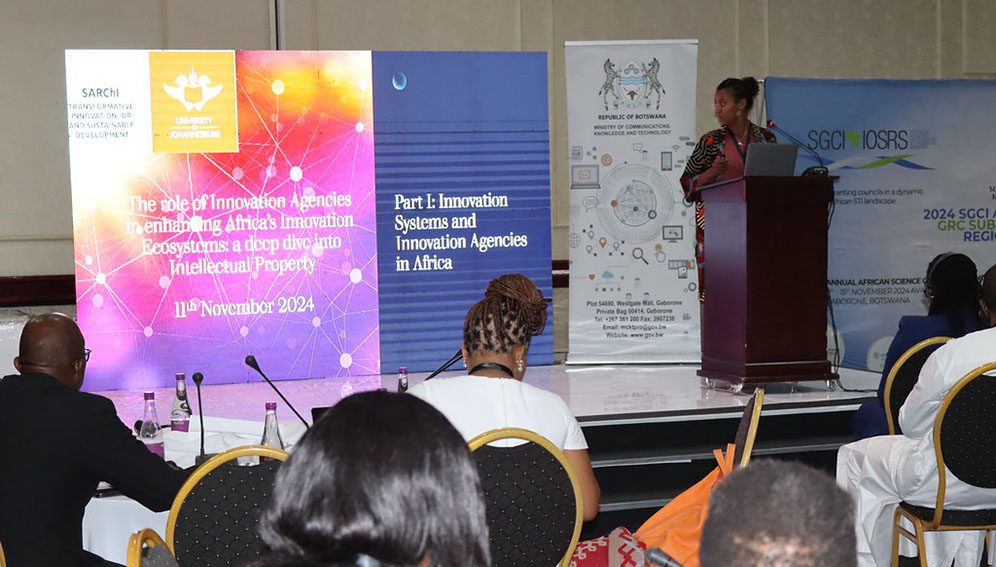Archive for December 2024
Uganda shores up shea butter value with time-saving tech
[KAMPALA] For Ojok Okello, a Ugandan shea nut farmer, turning his harvest into a marketable product was a lengthy and labour-intensive process, writes Johnnie Musenze. It would take at least ten hours, with several workers helping him, to process one kilogram of shea butter, a fatty substance derived from the nuts of the shea tree…
Read MoreBotswana turns to goat milk to fill dairy shortfall
[MAUN, BOTSWANA] Could goat’s milk be the answer to Botswana’s milk shortage? Agricultural scientist Ntshepisa Lebetwa believes it could and has been exploring ways of making it even more nutritious, writes Baboki Kayawe. Botswana’s dairy sector has long been struggling from drought, disease outbreaks, and a shortfall of cattle, leaving the country to rely heavily…
Read MoreSupporting Science Granting Councils to fund and manage research and innovation projects
The Science Granting Councils in Africa are national agencies responsible for funding and promoting research and innovation. Above all, they support scientific development. They do this by allocating resources, fostering collaboration and strengthening research capacities across Africa. Their aim is to boost scientific output and innovation to address societal challenges. In this blog, we review…
Read MoreNavigating Africa’s intellectual property challenges
[GABORONE] Complicated intellectual property (IP) procedures are slowing down innovation in Africa, according to researchers, who say “innovation agencies” must help simplify processes and link researchers to markets. Despite hosting talented innovators and researchers, Africa contributes less than 0.5 per cent of global patent filings annually. Weak IP frameworks and limited coordination between African countries…
Read More




